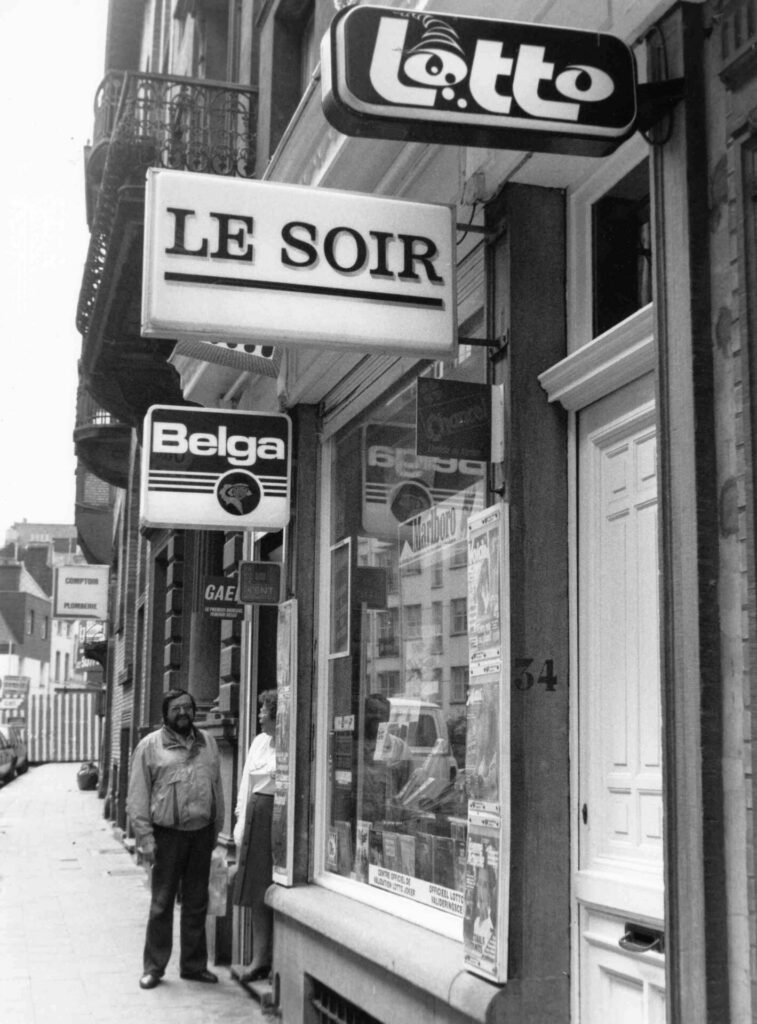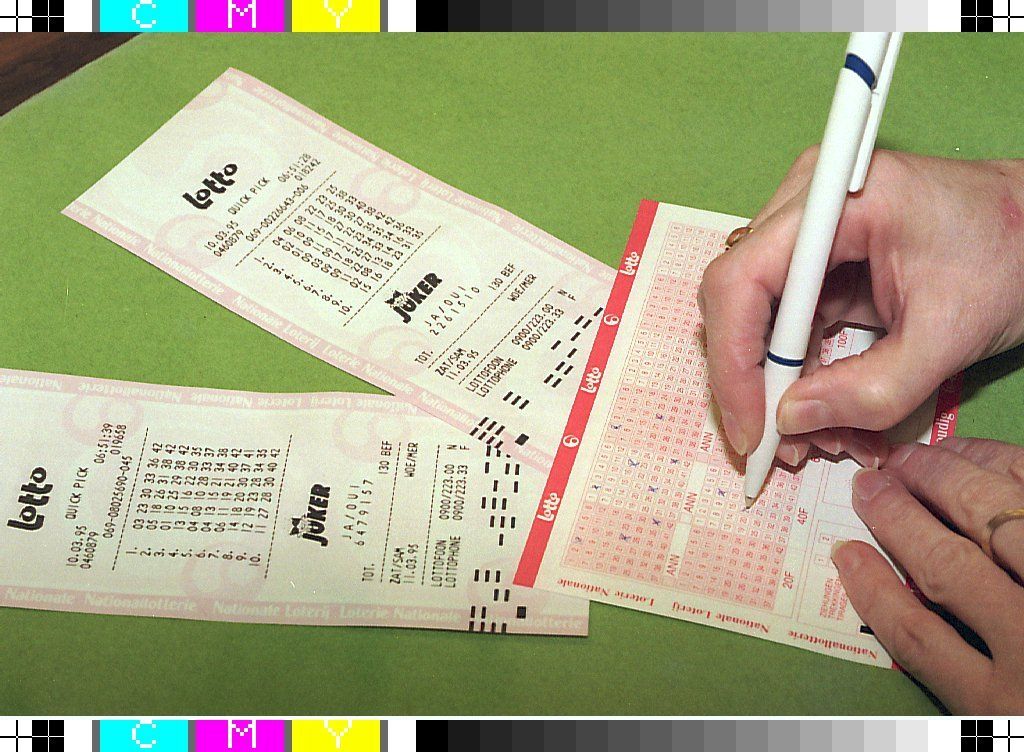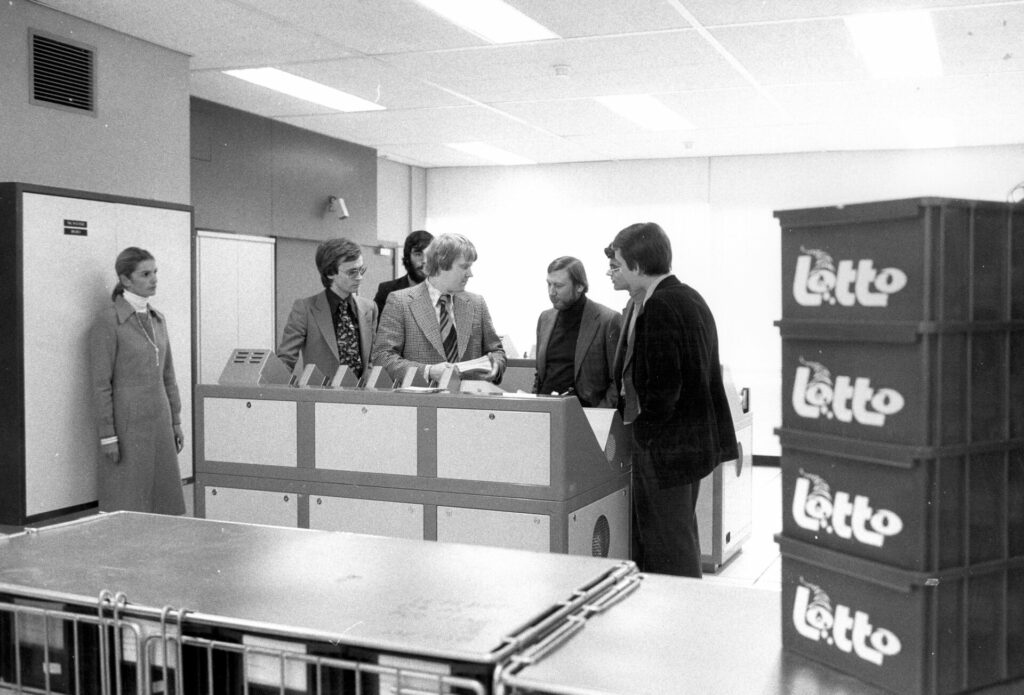On this day, 4 February 1978, the Belgian Government authorised the first draw of the famous Lotto game: 280,000 people played for a chance to win a total of 18 million Belgian francs (about €450,000).
There were four winners, who – together – pocketed the sum of 8 million Belgian francs (about €200,000).
What is more interesting, however, is how the still-popular game of chance originated in Belgium. On 29 May 1934, the Belgian Government founded the 'Colonial Lottery' to finance the development of its colony, then called the Belgian Congo (now called the Democratic Republic of the Congo – DRC).
The Colonial Lottery's first draw took place at the Brussels' Cirque Royal about five months after it was founded, on 18 October 1934, and the experiment was "half a success." After the Second World War, the lottery became the 'Winter Relief Lottery,' as its profits were entirely destined to help Belgian people in financial need.

A Lotto centre. Credit: Belga
Several years later, after the DRC gained independence from Belgium's colonial rule on 30 June 1960, the Colonial Lottery lost its entire raison d'être and was temporarily renamed the 'African Lottery.'
Only in 1962, the National Lottery as it is known now was created. From then on, its profits were dedicated to helping developing countries and creating projects of public utility in Belgium itself. Still, it wasn't until 16 years later, on 4 February 1978 and following the Lotto craze throughout Europe, that Belgium authorised the first draw of the game in the country.

Credit: Belga/Robert Vanden Brugge
Originally with 40 numbers, then 42, the Lotto is now played with 45 balls. Draws with 36 numbers (7 balls drawn) were tested on various occasions in 1998 and 1999. While draws initially took place every week, they doubled from 1993 following the automation of the sales network in 1992.
"Today in History" is a new historical series brought to you by The Brussels Times, aiming to take you on a trip down memory lane for newcomers and Belgians alike, written and compiled by Ugo Realfonzo & Maïthé Chini. With thanks to the Belga News Agency.

